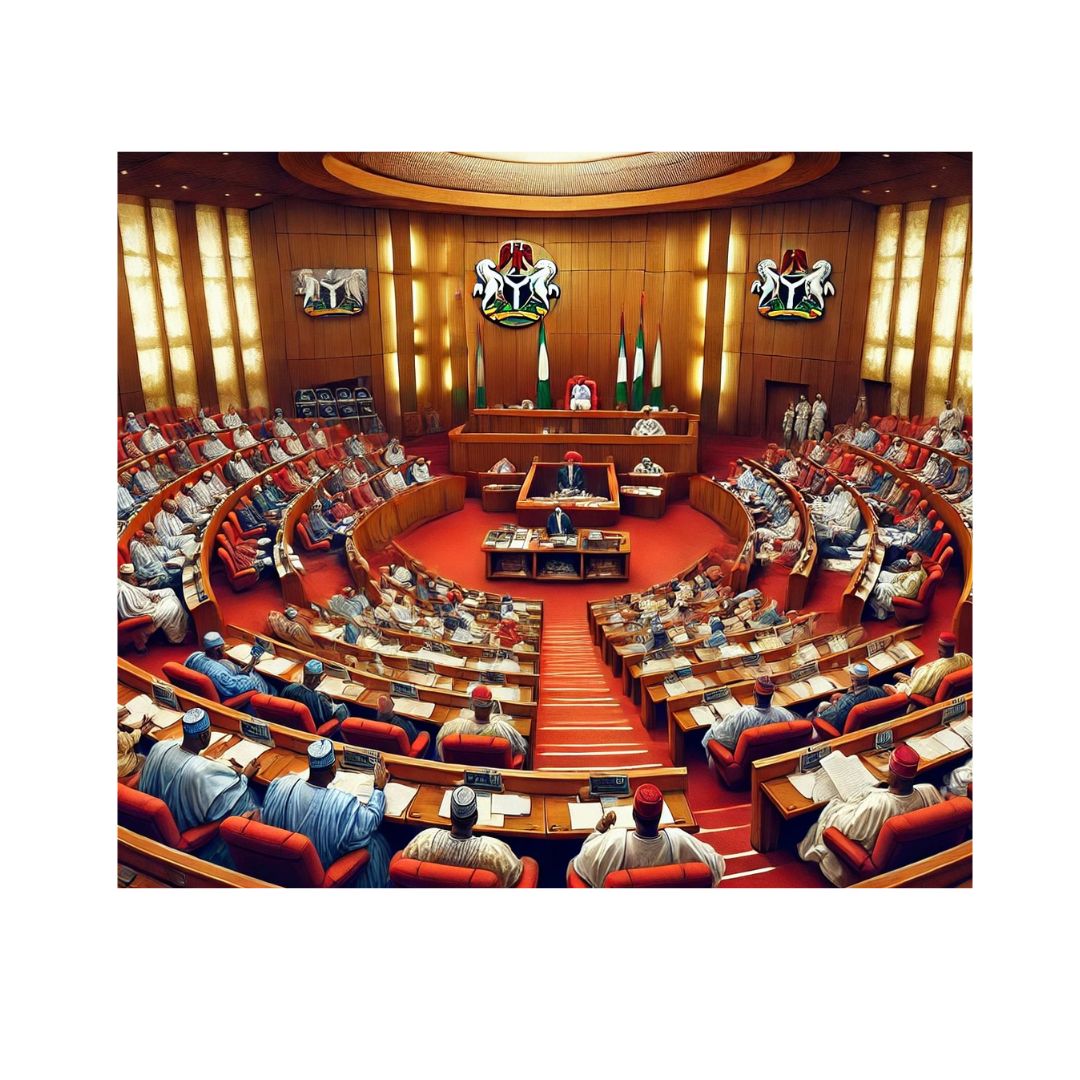Defiant Nyesom Wike challenges Senate over ongoing demolitions in Abuja. He says “even if heaven falls”, he will not stop.
The controversy surrounding demolitions in Abuja has escalated. Minister of the Federal Capital Territory (FCT), Nyesom Wike, has defied the Senate’s directive to halt further demolitions in the city. Despite a strong call from lawmakers, Wike insists his actions will not be stopped, vowing that even “if heaven falls,” he will continue.
The Senate, in a recent resolution, directed Wike to halt demolitions in Abuja until a committee completes its investigation. The committee, led by Deputy Senate President Barau Jibrin, is tasked with probing the legality and fairness of the demolitions. However, Wike is resolute. “We are not afraid of blackmail,” he said during a public address. “We will continue to remove illegal structures.”
Wike’s controversial approach has stirred significant backlash. Critics argue he is overstepping his bounds. Several residents, including those affected by the demolitions, claim their properties were unjustly targeted. One estate manager, Vincent Enoghase of Paullosa Nigeria Limited, accused the government of issuing a demolition notice despite having paid for a Right of Occupancy.
Despite these concerns, Wike maintains that the demolitions are necessary to eliminate illegal structures and land grabs. “No amount of blackmail will stop us,” he proclaimed. “What is wrong is wrong.” His firm stance suggests that the Minister has no intention of backing down, even in the face of legal opposition.
Senate response and growing tensions
The Senate’s intervention came after numerous complaints about the fairness of Wike’s actions. Senator Ireti Kingibe, representing FCT, raised alarms about demolitions that were not based on court orders. She also highlighted the revocation of Messrs Paulosa Estate’s land, which had valid title documents. The Senate was swift to act, setting up an ad-hoc committee to investigate the demolitions.
However, Wike’s refusal to halt the exercise despite the Senate’s resolution has created an unusual standoff. The ad-hoc committee, which includes prominent senators like Victor Umeh and Jimoh Ibrahim, is tasked with determining whether Wike’s actions align with due process. They are expected to submit a report within two weeks.
The Minister has not been swayed by these developments. Instead, Wike challenges Senate by doubling down on his stance. “We will not look at your face,” he asserted. “If you like, be a civil rights activist or a TV personality. What is wrong is wrong.”
The demolition campaign has sparked diverse reactions. For some, Wike’s actions represent a necessary crackdown on illegal land appropriation. These supporters argue that Abuja is plagued by illegal structures that pose security risks. “We must stop anyone taking government land,” Wike declared. His supporters claim that his tough stance is long overdue, citing widespread land grabbers in the city.
However, many residents and property owners feel victimized. The scale of the demolitions, which have affected multiple estates and businesses, has caused economic losses running into billions of naira. Property management experts have warned that these actions could destabilize the real estate market in Abuja.
“There is a legal process for demolitions, and it must be followed,” said one expert. “The government cannot arbitrarily destroy property, especially when people have legal titles.” These sentiments reflect growing concerns over the potential damage to the property market in Abuja.
Implications for Abuja as Wike challenges Senate
Wike’s decision to challenge the Senate’s directive has serious implications. If the Minister continues to disregard the Senate’s resolution, it could set a dangerous precedent. Such a move may lead to a constitutional crisis, where executive power clashes with legislative authority. The Senate has made its position clear, but Wike has refused to comply. This defiance could lead to a breakdown in government relations and create uncertainty for residents and investors in Abuja.
Political analysts suggest that Wike’s stance may also have broader consequences for his political career. While his actions may bolster his image among supporters who favour strong governance, they could alienate those who see his approach as authoritarian. Moreover, the lack of adherence to the Senate’s resolution could reduce confidence in the government’s commitment to due process and the rule of law.
Analysts say continued demolitions could also spark protests, particularly among property owners who have lost homes and businesses.

Leave feedback about this